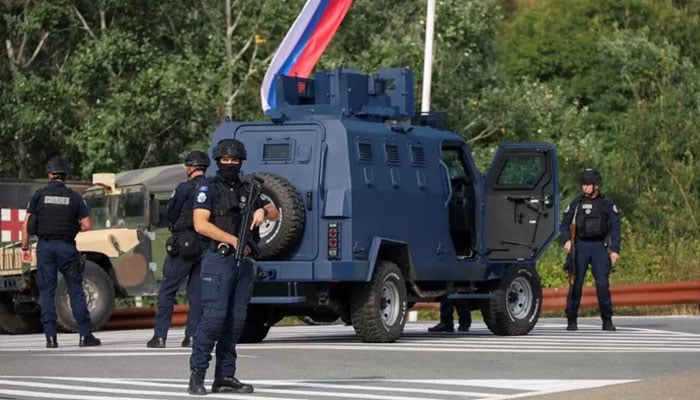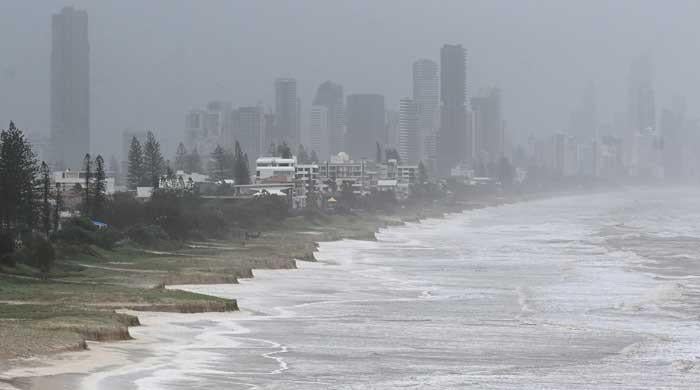30 gunmen battle police in monastery compound in Kosovo; four dead
Kosovo police reported the death of three unidentified attackers and the arrest of one person
September 24, 2023

A tense standoff unfolded in northern Kosovo involving police and approximately 30 armed individuals following an earlier ambush that resulted in the death of one police officer and injuries to another.
Kosovo police reported the death of three unidentified attackers and the arrest of one person. The armed group is reportedly inside a monastery compound. Veton Eljsani, deputy commander of the Kosovo Police for the North region, described the situation, saying, "We see armed, uniformed people, heavy weapons, they are shooting at us, we are shooting."
Kosovo police released a statement on Facebook indicating that the security situation in the Banjska village area remained highly volatile, with ongoing firearm attacks targeting police units.
This incident represents a significant escalation in an already unstable region. Kosovo, with a majority Albanian population, has pockets of Serbian-majority areas in the north, including Banjska.
Kosovo declared independence from Serbia in 2008, but Serbia does not recognise this sovereignty. Kosovo's Serb community regards itself as part of Serbia, with Belgrade as their capital, rather than Pristina.
The incident began when a border police unit encountered two unlicensed heavy trucks blocking a bridge entrance in Banjska overnight. Additional police units were dispatched to the scene. Upon arrival, the police faced resistance, resulting in gunfire exchange, the death of one officer, and injuries to another. Kosovo police reported that the attackers used various firearms, including hand grenades and stun guns.
Kosovo Prime Minister Albin Kurti labelled the incident a "terror attack" perpetrated by "Serbian criminal gangs." The European Union's foreign policy chief, Joseph Borrell, condemned the attack and called for de-escalation, emphasising the need for justice for the perpetrators. He expressed concern about ongoing hostilities near Banjska Monastery and urged all parties to work toward de-escalation.
Tensions between Kosovo and Serbia have intensified recently, with violent protests in May over disputed local elections resulting in injuries to numerous Nato peacekeepers. Kosovo's Serb community has increasingly pushed for greater autonomy within Kosovo, creating additional challenges in the region.











